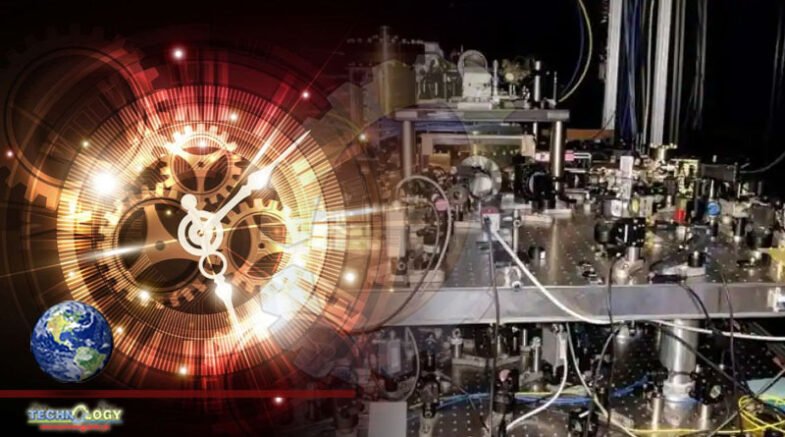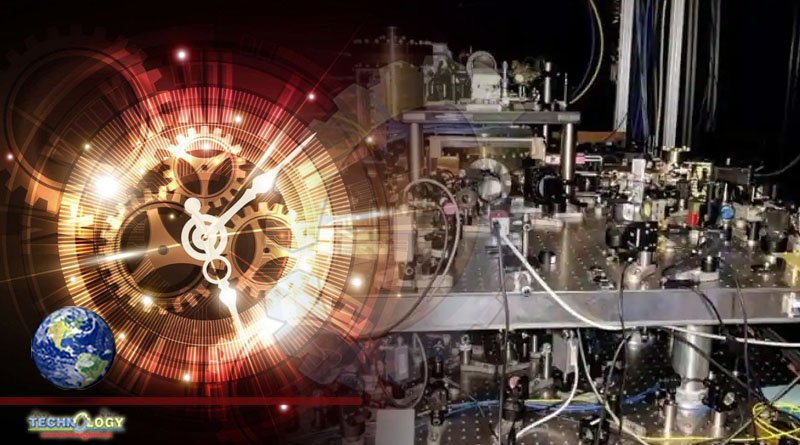The world’s most accurate clock, invented by Chinese-American scientist Jun Ye, can change a lot of things in the world. The clock is so accurate that it would need 15 billion years to lose a second. This is approximately equal to how long the universe has existed.

The world’s most accurate clock, invented by Chinese-American scientist Jun Ye, can change a lot of things in the world.
Not only can the clock improve GPS navigation accuracy by a factor of a thousand. It also facilitate a smooth landing of unmanned spaceplanes on Mars.
The clock is so accurate that it would need 15 billion years to lose a second. This is approximately equal to how long the universe has existed.
Jun Ye had won the Breakthrough Prize in Fundamental Physics along with Hidetoshi Katori of Japan. They had jointly received a cash prize worth $3 million for this invention.https://231d49fae36bbaf12ee1e1cd1528bee5.safeframe.googlesyndication.com/safeframe/1-0-38/html/container.html
The clock is in line with Einstein’s predictions of relativity. When it is moved closer to the ground, time moves at a slower rate.
Ancient Egyptians and Chinese aimed to improve the precision of timekeeping.
The invention of a pendulum in 1656 and chronometres a few decades later were breakthroughs in timekeeping followed by the advent of quartz clocks.
The next great leap in timekeeping came from harnessing the movements of energised atoms to develop atomic clocks, which are immune to the effects of such environmental variations.
Ye and Katrori have found ways to improve atomic clocks even further by moving oscillations to the visible end of the electromagnetic spectrum, with frequencies a hundred thousand times higher than those used in current atomic clocks, to make them even more accurate.
Source Wio News
